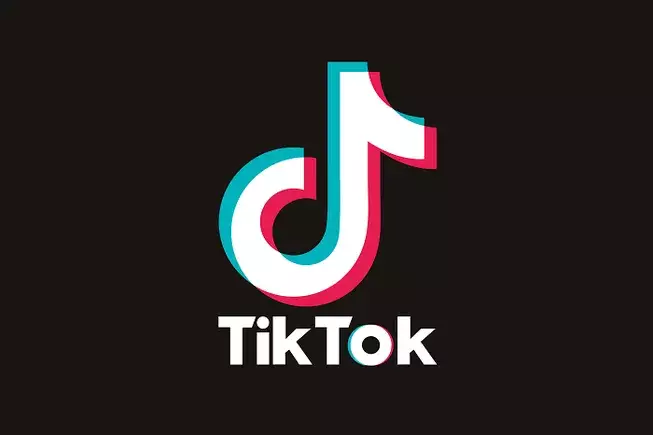The fate of TikTok in the United States has turned into a significant saga that illustrates the intersection of technology, national security, and international relations. As it stands, Vice President J.D. Vance has taken on the daunting responsibility of negotiating a deal to keep TikTok operational in the U.S. This negotiation, however, isn’t simply about commerce; it encompasses national security concerns that have been amplified by the app’s ties to its Chinese parent company, ByteDance. The stakes are undeniably high as the deadline of April 4 looms, signaling a crucial moment for both TikTok and the wider technological landscape.
Why does TikTok attract such scrutiny? Beyond the app’s immense popularity among American users, it has been perceived as a potential gateway for the Chinese government to access vast amounts of user data. This fear is not unfounded, and it is precisely why the Senate introduced the “Protecting Americans from Foreign Adversary Controlled Applications Act.” The law mandates that foreign-owned applications like TikTok must divest to a U.S.-based company to alleviate security concerns. Failing this, TikTok would find itself shut out of a lucrative market, jeopardizing not just its operations but also the livelihoods of those who have built careers on the platform.
The Tension Between Business and Security
The juxtaposition of business interests and security imperatives creates a complex environment for negotiations. Vice President Vance’s optimism about reaching a deal by the April deadline suggests that there may be viable pathways forward. Yet, the details of such negotiations remain murky. The U.S. administration’s apparent faith in the potential for a resolution speaks to a broader understanding that technology is both a tool for connection and a potential weapon in the geopolitical arena.
The notion of an “American TikTok” is an intriguing one. It appears to be a compromise in seeking a solution that would allow the app to continue its operations while addressing national security threats. The involvement of companies like Oracle could be key in this process. Oracle’s historical connection with then-President Donald Trump and its previous attempts to manage TikTok’s U.S. operations indicate deep-seated interests that go beyond mere business transactions. This partnership could provide a framework wherein Oracle acts as a buffer between the U.S. government’s expectations and ByteDance’s operational realities.
The Intricacies of Potential Agreements
However, the path forward is fraught with complications. The establishment of a partnership that satisfies both American and Chinese stakeholders is a tall order. Reports have indicated that while offers exist, navigating the complexities of international relations is no small feat. The Chinese government must also approve any agreements affecting its companies, which has historically been a contentious issue. The challenge rests not just on Vance and Oracle to secure a deal but also on broader diplomatic negotiations that could influence its outcome.
Meanwhile, the information we gather from stakeholders involved in the negotiation process often varies widely. On one hand, we have the assurance of high-level agreements that address national security concerns; on the other, there are conflicting reports about actual progress being made. Such discrepancies foster skepticism among observers regarding the future of TikTok in the U.S.
The Cultural and Economic Implications of the Deal
Beyond the immediate implications for the app and its owners, the outcome of these negotiations holds broader cultural and economic significance. TikTok has become a vital platform for content creators and businesses alike, influencing trends and shaping community building in ways that reflect the zeitgeist of modern society. Its potential exit from the U.S. market would not only deprive consumers of a favored platform; it could also trigger a ripple effect throughout the digital economy.
The nuances of engagement with TikTok underscore the broader conversation around data privacy and user rights in the digital age. Conversations that may seem abstract in political circles take on real meaning for the millions who engage with TikTok daily. If the negotiations yield a successful framework that safeguards both business interests and national security, it might set a precedent for how tech companies and governments manage relationships in an increasingly interconnected world.
As we approach the critical deadline for TikTok’s operational future in the U.S., the scenario lays bare the intricate dance between technology, national security, business interests, and cultural identity. The conclusion, whether positive or negative, will have lasting implications that we will continue to analyze for years to come.

